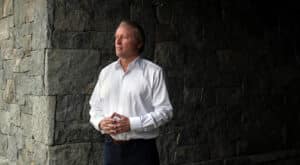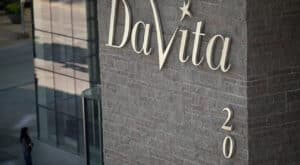
The buyer is associated with DaVita, which has signed an agreement with a major local developer.

The buyer is associated with DaVita, which has signed an agreement with a major local developer.

DaVita won a $700,000 judgment last year against Bachar, who allegedly pocketed the money DaVita paid him for masks in 2020. It claims he still hasn’t paid up.

“This is very reminiscent of the Salem witch trials,” said a defense attorney of the prosecution pursuing criminal charges over non-solicitation agreements.

The criminal trial over non-solicitation agreements is expected to end Wednesday without former CEO Kent Thiry taking the stand.

“Who’s expecting to get a call from the FBI?” testified Jeff Lombardo regarding his email describing the non-solicitation agreement. “It was like the movies.”

Attorneys in the criminal trial debated whether the agreement between the former CEO and Rich Whitney restricted employees from getting jobs they sought.

Defense lawyers argued that non-solicitation deals are a common business arrangement. Prosecutors said they’re criminal.

Witnesses say the onerous requirement was unique to DaVita and companies it had agreements with. DaVita attorneys noted the agreements were not ironclad.

Dennis Kogod said non-solicitation agreements existed and “had a chilling effect.” A Thiry defense attorney argued executives still moved between companies.

Former CEO Kent Thiry “wanted control over his employees,” a prosecutor said. There were non-solicitation agreements but no crime, DaVita’s lawyer argued.
Update your browser to view this website correctly. Update my browser now